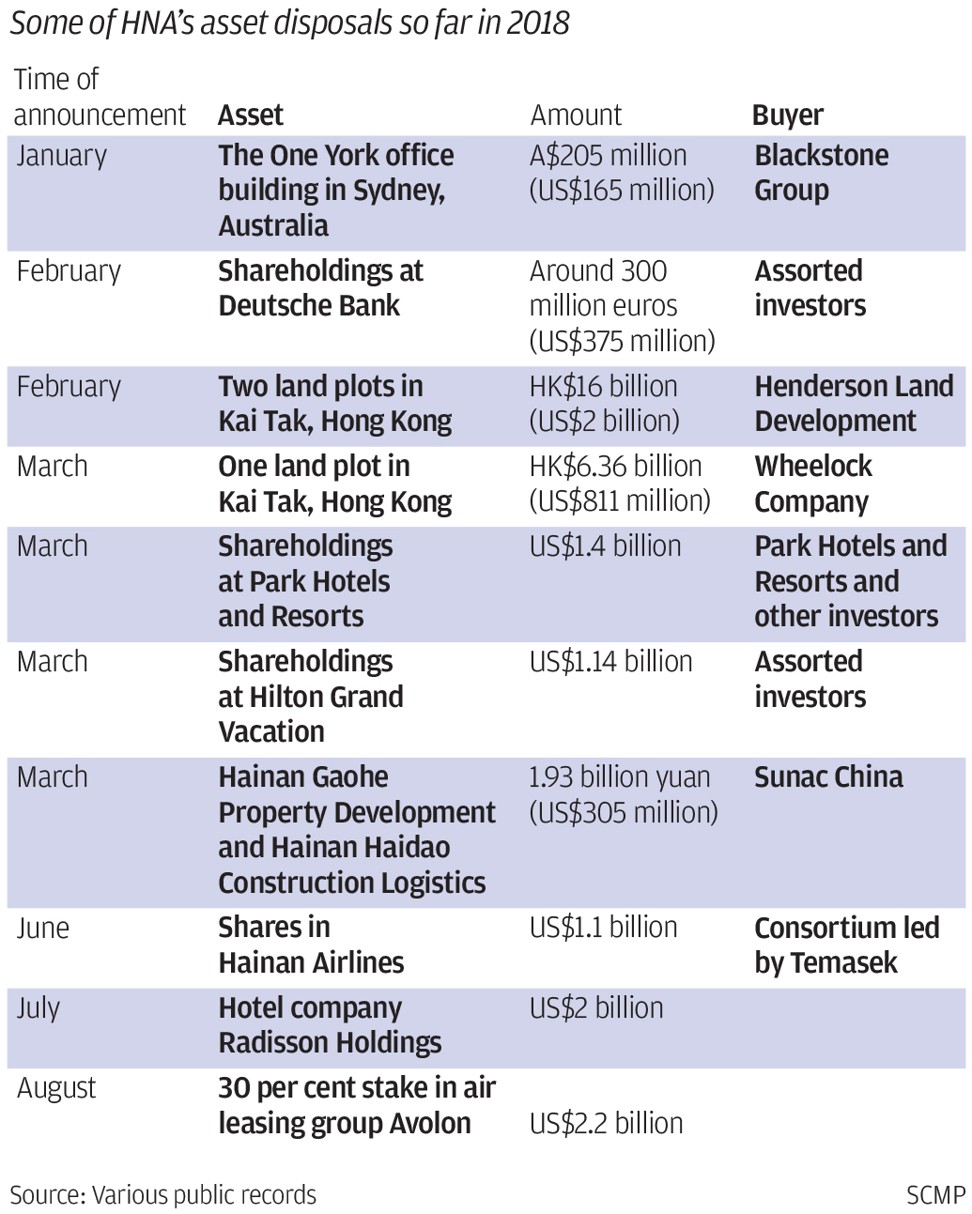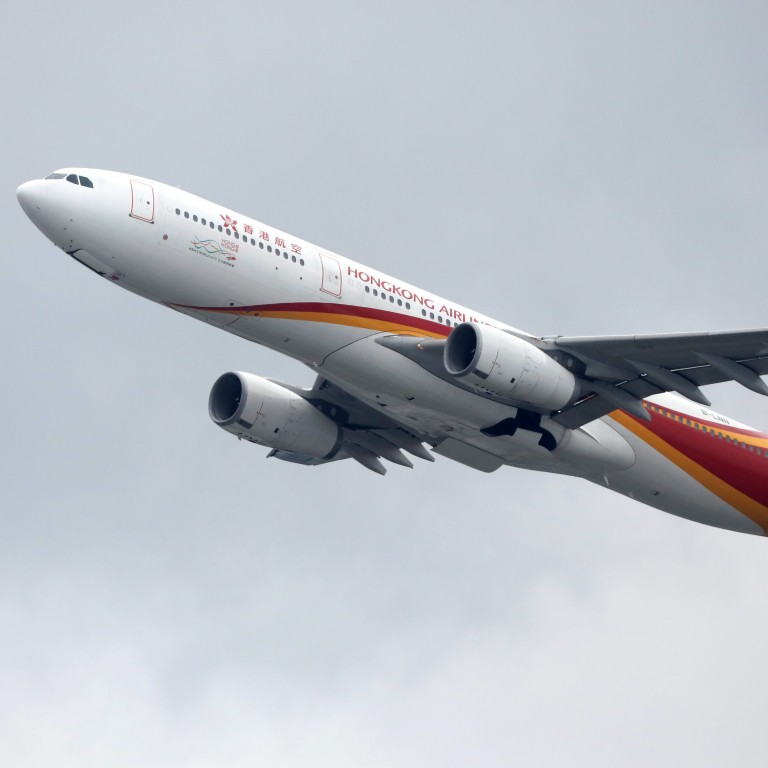
Exclusive | Citic Group, Wuxi company and Henry Tang’s family in talks to buy Hong Kong Airlines, putting an end to boardroom tussle
- A consortium of mainland Chinese and Hong Kong investors are bidding to buy Hong Kong Airlines
- The purchase, which is still under negotiations, will involve at least 2 billion yuan of fresh capital into the carrier, and the investors assuming part of the airline’s debt, sources said
A consortium of mainland Chinese and Hong Kong investors is bidding to buy Hong Kong Airlines, offering an end to the messy boardroom tussle at the city’s third-largest carrier and a financial lifeline to the debt workout by one of China’s biggest asset buyers.
The entry of new investors would put an end to the legal tussle that has engulfed the troubled airline for months, as rival camps of directors jostled for control of the carrier that has a fleet of 28 aircraft. An August 22 hearing for the case has been withdrawn, as the entry of a new controlling shareholder makes the tussle moot.
“There are still a lot of enticing points about the carrier, from its [route] network to its fleet,” said You Luya, transport analyst at Bocom International. “Any investor looking to get involved with Hong Kong Airlines would need to be in it for the long haul. We don’t expect the carrier to witness a massive turnaround in the next two to three years even with investor influx given capacity restrictions at Hong Kong International Airport and at key destinations and Cathay Pacific’s aggressive expansion.”
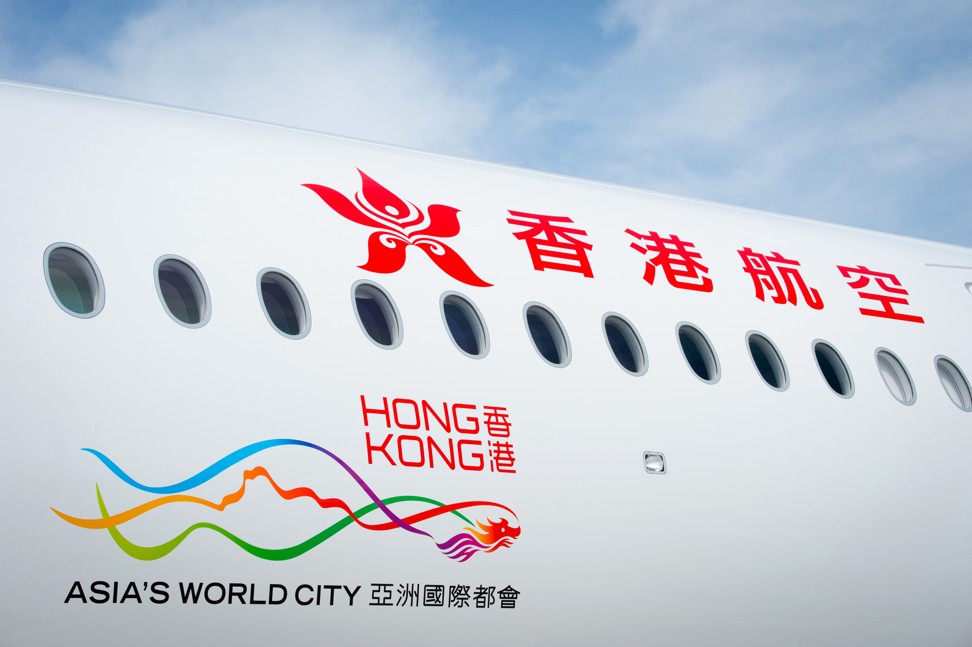
The airline counts three major shareholders that own 90 per cent of the carrier between them: Frontier Investment Partner owns 34 per cent, HNA has 29 per cent, former director Zhong Guosong owns 27 per cent, with the balance 10 per cent held by minority shareholders.
In anticipation of the sale of Hong Kong Airlines, the carrier’s three existing major shareholders – HNA, Frontier and Zhong – agreed to withdraw their legal tussle to consider the offer.
“The court cases derived from the shareholders’ dispute are dismissed and the restraint orders against Hong Kong Airlines directors are discharged,” a spokeswoman for Hong Kong Airlines said in a statement today. “Hong Kong Airlines is here to stay and committed to sustaining our long-term growth. We are always open to strong strategic investors.”
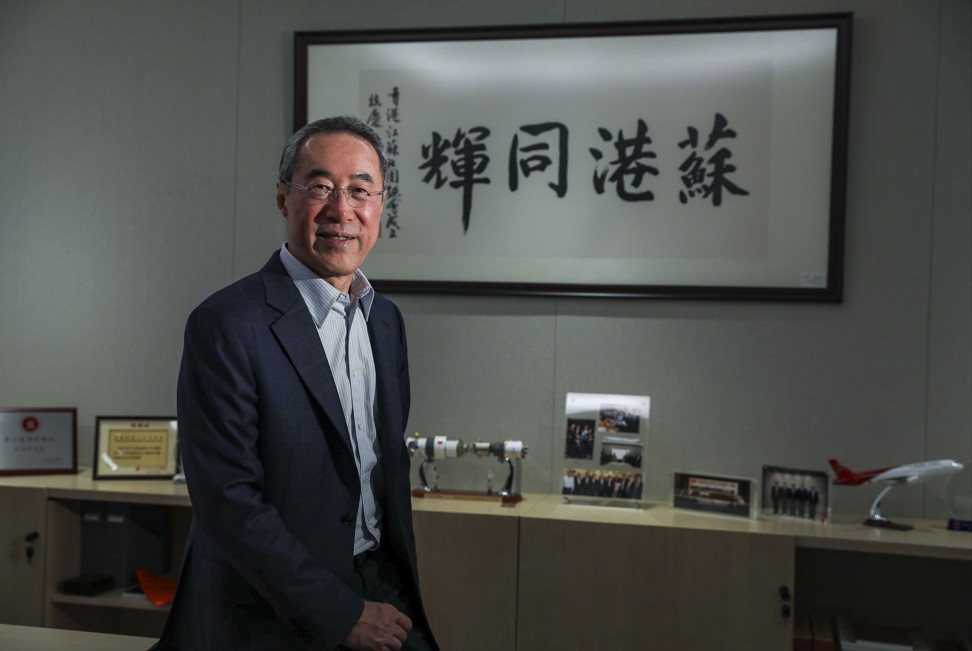
Government approval is needed for any change of shareholding that exceeds 10 per cent in an airline, under Hong Kong law.
The Tang family owns Peninsula Knitters and Soco Textiles, while a separate business making printed circuit boards (PCBs) was sold in 2009 to California-based TTM Technologies, where Tom Tang Chung-yan – the youngest of the Tang siblings – still serves as director. Henry Tang owned 1.018 million TTM shares as of August 13, 2018, according to exchange filings.
Tang, who is now the president of the Hong Kong-Jiangsu Community Organisations, declined to comment in a statement.
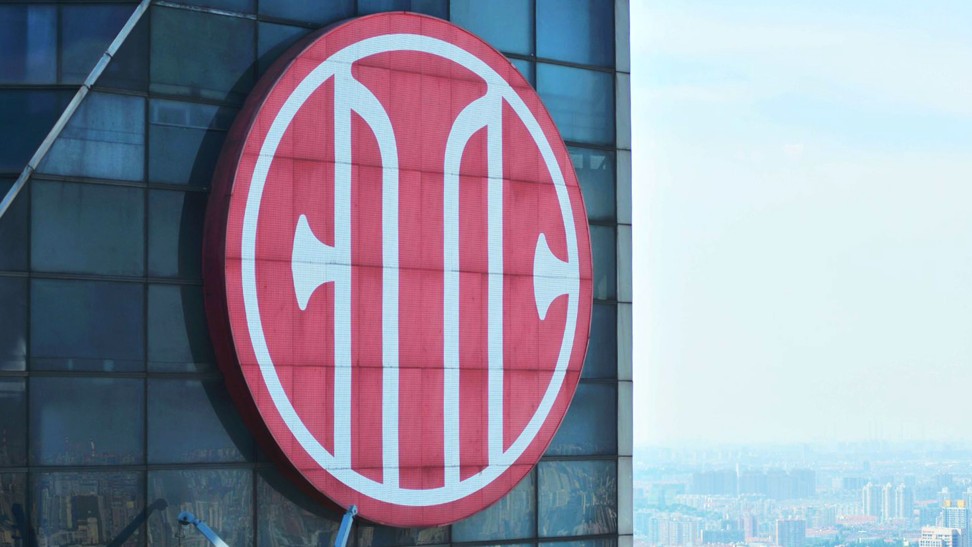
The investment by Citic – China’s largest state-owned conglomerate, with businesses from banking to satellites – marks its return to aviation in Hong Kong. Citic’s Hong Kong unit previously owned stakes in Cathay Pacific and Dragon Airlines, the city’s two biggest carriers, before selling its stake in Dragon in 2006, and shedding its Cathay Pacific stake to Air China and Swire Pacific in 2009.
A spokesman at Citic’s Hong Kong unit declined to comment, saying the company does not respond to market rumours.
Additional reporting by Danny Lee


